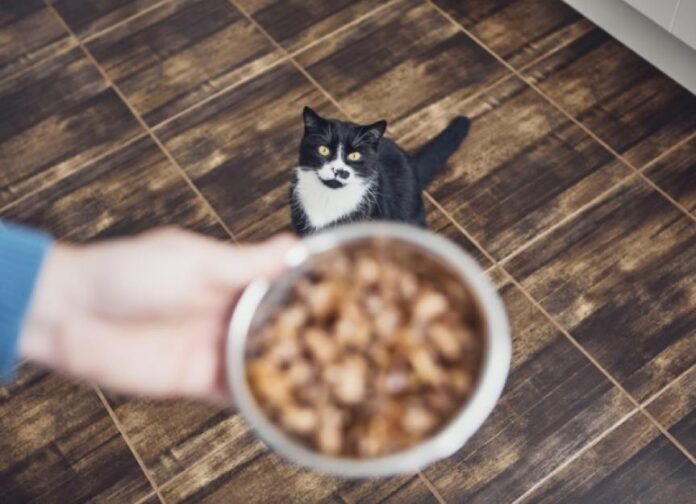The Essential Guide to Grain-Free Cat Food: What Every Cat Parent Should Know
As a responsible cat owner, ensuring your feline friend leads a long and fulfilling life is likely a top priority. A significant factor in achieving this is providing your cat with the right nutrition. With an overwhelming variety of cat food options available, making the right choice can be daunting.
Among the many products on the market, grain-free cat food has gained considerable popularity—and controversy. This article delves into grain-free cat food, exploring its implications for your pet’s health and nutritional needs.
Understanding Grain-Free Cat Food
The term “grain-free” has a specific definition when it comes to pet food. But what does it actually mean?
Defining Grains in Cat Food
Grains encompass the seeds of grass plants and include the following:
- Barley
- Corn
- Oats
- Rice
- Rye
- Wheat
Identifying Grain By-Products
You may also come across grain by-products in ingredient lists, which signify the inclusion of grains. These can include:
- Bran
- Gluten
- Hull
- Flour
- Starch
To be classified as “grain-free,” a cat food must not contain any of these ingredients.
Is Grain-Free Cat Food Also Gluten-Free?
Since gluten is derived from grains, all grain-free cat foods are inherently gluten-free. However, it’s essential to note that gluten sensitivities in cats are extremely rare. Thus, the presence or absence of gluten does not fundamentally influence the health benefits of your cat’s diet.
Health Implications of Grain-Free Diets for Cats
Concerns about grain-free diets mainly circulate around their potential links to health issues. While there have been discussions regarding grain-free diets and heart disease in dogs, no such correlations have been established for cats.
The Rise in Popularity of Grain-Free Cat Foods
Previously, grain-free diets were typically recommended by veterinary specialists for cats facing specific health challenges. However, as low-carb diets became trendy in human nutrition during the early 2000s, the pet food market experienced a shift. Pet owners began to seek grain-free options, often substituting traditional grains with alternatives like potatoes and legumes.
Do Cats Truly Need Grain-Free Food?
The short answer is no. The premise supporting grain-free diets is that domestic cats, being descendants of wild felines, do not consume grains. However, this assumption is not entirely accurate. Studies indicate that domestic cats can digest a significant amount of starch, which is often derived from grains.
What If Your Cat Has Grain Allergies?
If a cat is diagnosed with a grain allergy, it is crucial that they avoid that specific grain. However, it’s important to recognize that true food allergies are uncommon in cats, with most allergies being related to animal proteins rather than grains. Symptoms to watch for include:
- Hair loss
- Itchiness
- Scabs on the skin
- Intestinal issues
If you suspect your cat has a grain allergy, consult with a veterinarian for an accurate diagnosis and tailored dietary recommendations.
Should You Choose Grain-Free Cat Food?
For some cats—particularly those with confirmed food allergies—grain-free diets may be beneficial. However, for the majority of healthy cats, grain-free foods are unnecessary and might offer no significant advantages over traditional diets. Reputable cat foods, whether grain-inclusive or grain-free, are typically formulated based on extensive nutritional studies to promote overall health and longevity.
Ultimately, while pricing can vary significantly, it is not a reliable indicator of quality. It is advisable to have an open dialogue with your veterinarian regarding the optimal diet for your cat’s unique health needs and circumstances.
Featured image: iStock.com/Chalabala











